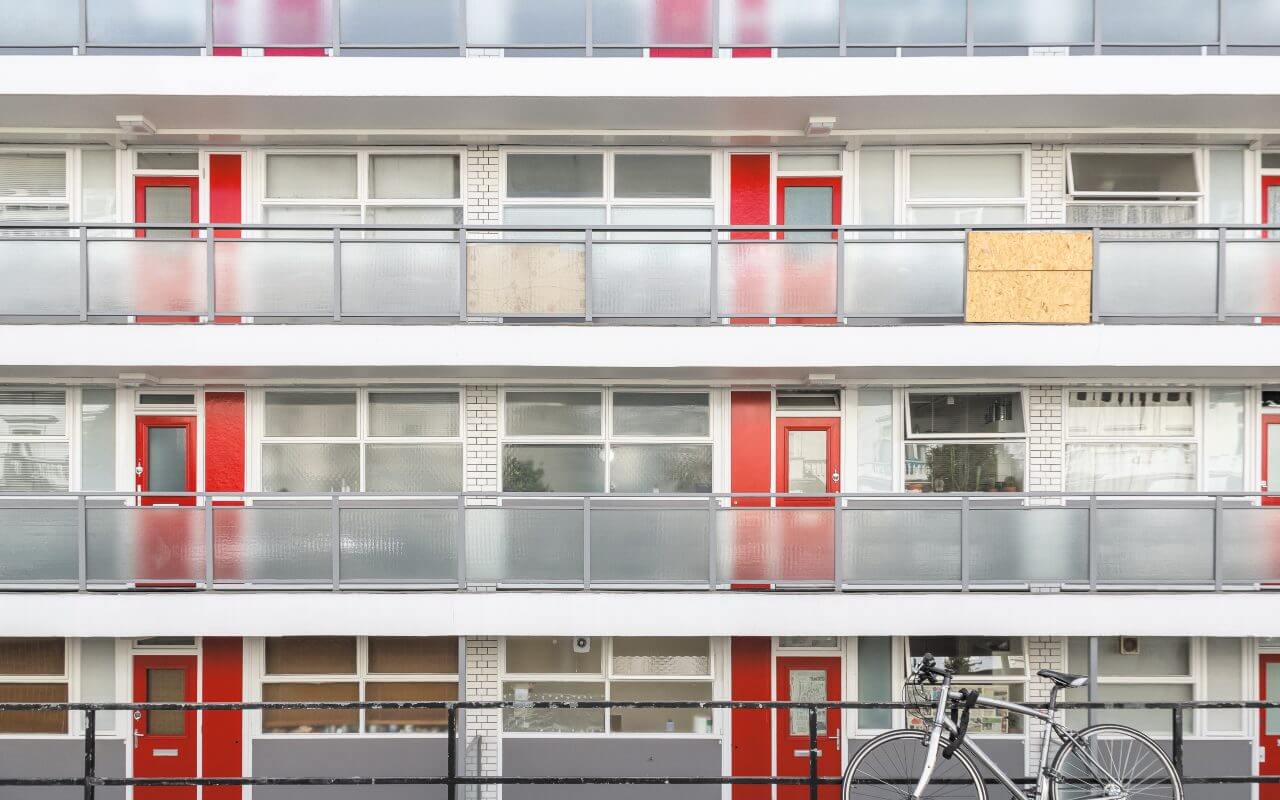The Social Housing (Regulation) Act received Royal Assent in parliament on 20 July and is now formally on the statute books. This delivers the reforms outlined in the Social Housing White Paper in 2020, following the tragic fire at Grenfell Tower in 2017.
The new Act is intended to create a stronger regulatory framework and drive standards across the sector to help registered providers (RPs) deliver a better service to social housing tenants.
We have summarised the top 10 key changes introduced by the Act below. Much of the detail will follow by way of secondary legislation and guidance.
1. Proactive Consumer Regulation
The most fundamental change introduced by the Act is to remove the ‘serious detriment test’ which had to be met before the Regulator of Social Housing (RSH) could intervene on consumer issues. It has been replaced with a proactive consumer regulatory remit whereby the RSH will proactively regulate the level of service that RPs provide to their tenants.
The RSH published their implementation plan for the new consumer regulation regime in January.
2. Inspections
The RSH is now only required to give RPs 48 hours’ notice of surveys of the condition of premises, considerably less than the previous 28-day requirement.
3. Enhanced Regulatory Powers
The Act grants the RSH enhanced enforcement powers including:
- issuing unlimited fines to RPs that fail to meet regulatory standards;
- undertaking specific action to remedy RP failures (at the RP’s cost); and
- setting standards relating to information and transparency by RPs.
4. Performance Improvement Plans
The Act gives the RSH the authority to issue RPs with ‘performance improvement plan notices’ if, among other things:
- the RP fails to meet certain standards;
- there is a risk that, if no action is taken by the RSH or the RP, the RP will fail to meet regulatory standards; or
- the RP fails to comply with directions or a request by the RSH to collect, process and publish information that the RSH has asked for.
The RP will be required to create a plan on how it is going to address any issues to send to the RSH and which tenants can make a written request to see. Failure to comply with improvement plan notices could result in the RP being issued with enforcement action or a fine, or be required to pay compensation.
5. Health and Safety Lead
RPs will be required to appoint a health and safety lead (Lead) who will be responsible for monitoring health and safety compliance. The Lead should be one of the RP’s current staff members, provided that the organisation employs over 15 people.
The Lead will be responsible for monitoring the RP’s compliance with health and safety requirements and assessing risks of failure to comply with health and safety requirements. The Lead will then be responsible for:
- notifying the relevant responsible body of any material risks or the RP’s failure to comply; and
- advising the responsible body as to how the RP should address these risks and failures.
6. Advisory Panel
The Act requires the RSH to establish an advisory panel to provide information and advice to the RSH about matters connected with the RSH’s functions. The panel must include social housing tenants.
7. Housing Ombudsman Scheme
The Act grants the Housing Ombudsman new powers to hold RPs to account by enabling it to issue a code of practice about the procedures RPs should have in place for considering complaints against them and guidance as to good practice in the carrying on of housing activities.
The Housing Ombudsman may also order RPs to assess whether its policies and practices are consistent with the guidance issued by the Housing Ombudsman.
8. Awaab’s Law
Awaab’s Law will require RPs to investigate and fix reported hazards in their homes within a specified timeframe (which will be consulted on later this year) or rehouse tenants where a home cannot be made safe.
The timescales will, once agreed, be implied directly into tenancy agreements so tenants can hold RPs to account through the courts.
9. Professional Qualifications
The Act will introduce a requirement for relevant RP managers to have a specified qualification (or type of qualification) in housing management or be working towards one. The qualification will be regulated by Ofqual.
10. RP Mergers
The Act introduces stricter change of control requirements such that, where an RP undergoes a change of control (such as an amalgamation or transfer of engagements), the initial registration requirements must be met again.
This is a summary only; the Act contains further legal changes beyond those outlined above and RPs should not rely solely on this note. We will be monitoring these requirements particularly as secondary legislation and guidance develops. Please do get in touch with Matt Cowen if you have any queries or would like to discuss further.
Versions of this article originally appeared in Social Housing and LABM.



